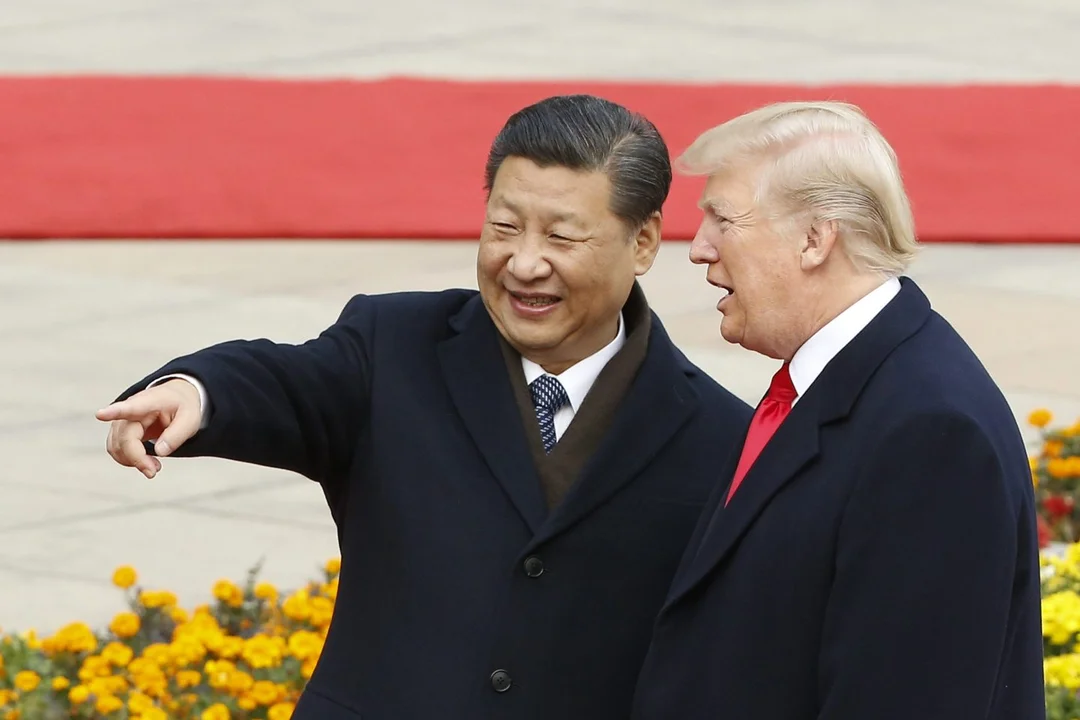
Is a Trade War with China Leading Us into Uncharted Waters?
As tensions rise between the United States and China, the stakes have never been higher. A precarious economic landscape paints a picture of two giants entangled in a trade war that carries the potential for far-reaching consequences. But with this ongoing turmoil, will we see a shift towards even more serious conflict, or is it all just a high-stakes negotiation?
Recent developments, notably an aggressive tariff strategy led by President Donald Trump, are encapsulating the dynamic nature of U.S.-China relations. Trump’s declaration that the "ball is in China’s court" signifies a stark turn in discourse that may have a decisive impact on global economics and politics. In a context where the tit-for-tat trade policies have become increasingly punitive, observers are left to ponder: Are we truly on a trajectory towards war?

The current trade warfare paints a troubling picture. Initially characterized largely by economic disagreements, recent actions have raised fears of a more militaristic approach. As noted, five critical indicators could suggest escalating hostility: military maneuvers in the Pacific, increased arms trading, and strategic alliances with adversarial nations are just a few key aspects to watch closely.
The U.S. appears to have a stronger hand economically. Despite the gamble of his tariffs, Trump seems confident that China will ultimately be the one to compromise due to its higher dependency on U.S. markets. According to reports, up to 20 million jobs in China rely directly on exports to the U.S. markets. With stagnation in the Chinese economy marked by plummeting exports and rising inflation, Beijing finds itself treading a fine line. Reports indicate that the tariff conflict could strip away as much as 2% from China’s GDP if tensions persist.
Trump’s confidence belies the complexities of the situation. While Washington may appear to have the upper hand, the reality is that patience and strategy are pivotal. China’s economy has vulnerabilities, but the Communist Party's survival hinges on maintaining a stable socio-economic environment. Political fallout from an extended trade war could have dire consequences for leadership in Beijing.

Moreover, the global ripple effects of this conflict cannot be ignored. As both nations entrench their positions, countries across the world are left to navigate the uncertain waters. The extent of tariffs, foreboding implications for international markets, and the global supply chain may shift as a result of this ongoing standoff.
As we navigate this tumultuous landscape, one question looms large: can diplomatic dialogue prevail over confrontation? The world is watching closely as these two economic superpowers engage in a precarious game of chicken. Will one blink first, or will both sides dig their heels in, ushering us closer to a cold - or even hot - war?
In a rapidly changing global economy, the merits of patience and strategic response must not be underestimated. What do you think—is a resolution possible, or are we in for a protracted battle? We encourage you to share your thoughts below.